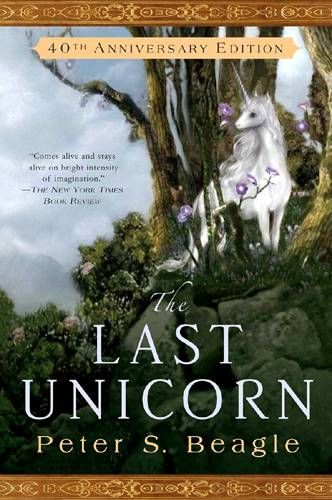
When Books Make Us Remember
I would have loved you this way, Cailet. For the magic of it, the magic of you and me. Remember this, heartling. Remember that I loved you.
—The Ruins of Ambrai
I have never thought of myself as the type of person who has a particularly good memory. My dad used to joke that he could redecorate the entire house without me realizing it. Maybe he was right. When I was a teenager, he bought new furniture for the dining room and kitchen. It took me days to notice the change.
But books have always been different. If I read a book, I remember it. Even the pointless parts. Even the details. My brain doesn’t differentiate between books I have loved and books I have loathed. Surely, my mind whispers, surely you want to remember them all.
Memory isn’t perfect though. In many cases, our minds change details with each remembering. We layer emotions, allusions, and ourselves onto memories even, or perhaps especially, onto our memories of books.
That is why it always surprises me when my brain latches onto chunks of fiction and remembers it verbatim.
This cataloging of book quotes isn’t something that I experience frequently—I suppose my brain doesn’t have space to remember everything—but occasionally phrases, paragraphs, or even an entire page sear themselves into my mind. Often it occurs with books I love—if you reread something a dozen times, parts of it are bound to stick with you—but other cases are more surprising.
“Marry me, César. Right now.”
César took one of her hands and kissed it, brushed it with his lips.
“When you grow up, Princess.”
“But I have.”
“No, you haven’t. Not yet. But when you have, Your Highness, I will dare to tell you that I loved you. And that the gods, when they woke, did not take everything from me. Only my kingdom.”
– The Flanders Panel
 The section from the fantasy book The Last Unicorn when Molly Grue and the unicorn first meet is probably my oddest example of this book-mind meld. I knew The Last Unicorn from my childhood when I watched the ridiculous masterpiece of an animated film that had been based off of it. As an adult, I wanted to revisit that world and indulge in a little nostalgia by reading the book.
The section from the fantasy book The Last Unicorn when Molly Grue and the unicorn first meet is probably my oddest example of this book-mind meld. I knew The Last Unicorn from my childhood when I watched the ridiculous masterpiece of an animated film that had been based off of it. As an adult, I wanted to revisit that world and indulge in a little nostalgia by reading the book.
For the first chapters, all was well. Then I reached the part with Molly Grue. After decades of working in a camp of ruffians and abandoning her dreams, Molly finally meets a unicorn, a magical beast full of hope and potential. Molly is furious. Molly is heartbroken.
I read the scene, and I had to put the book down.
I never picked the book up again.
Despite or perhaps because I had to abandon The Last Unicorn, I remember Molly’s scene in excruciatingly vivid detail. I’ve wondered why I remember the scene, and though I haven’t come to any firm conclusions, I have my suspicions.
Maybe we don’t remember novels simply because of the skill of an author. Maybe, instead, we remember the parts of books that we need. Or maybe we remember the parts of books that tell us something about ourselves.
Maybe both.
Molly laughed with her lips flat. “And what good is it to me that you’re here now? Where were you twenty years ago, ten years ago? How dare you, how dare you come to me now, when I am this?” With a flap of her hand she summed herself up: barren face, desert eyes, and yellowing heart. “I wish you had never come. Why did you come now?” The tears began to slide down the sides of her nose.
The unicorn made no reply, and Schmendrick said, “She is the last. She is the last unicorn in the world.”
“She would be.” Molly sniffed. “It would be the last unicorn in the world to come to Molly Grue.” She reached up then to lay her hand on the unicorn’s cheek; but both of them flinched a little, and the touch came to rest on on the swift, shivering place under the jaw. Molly said, “It’s alright. I forgive you.”
– The Last Unicorn





